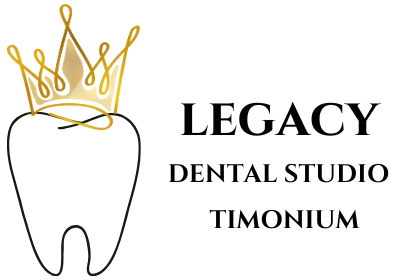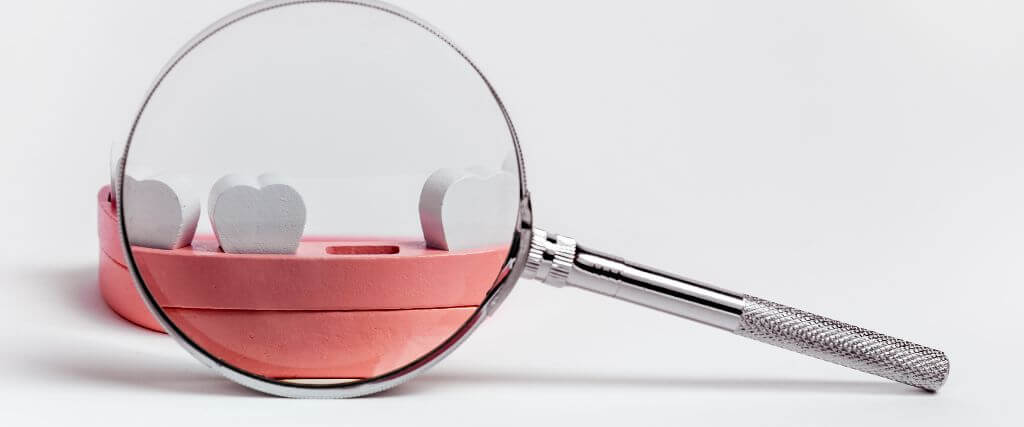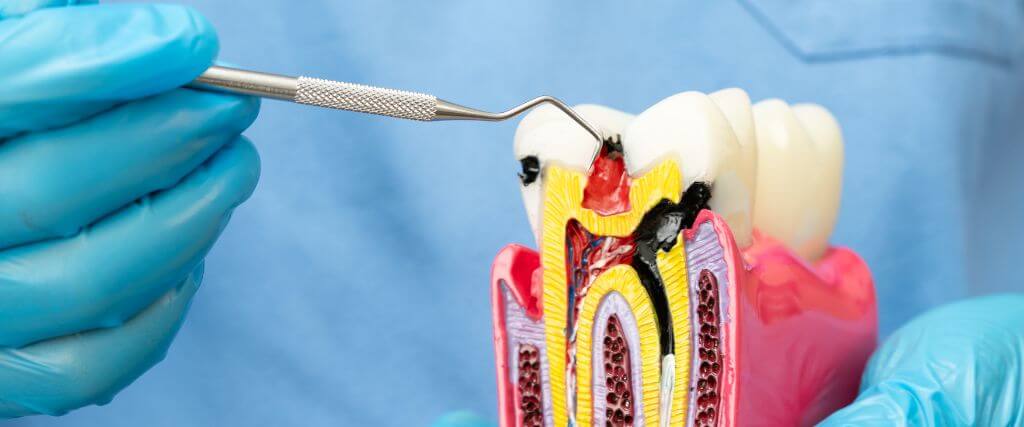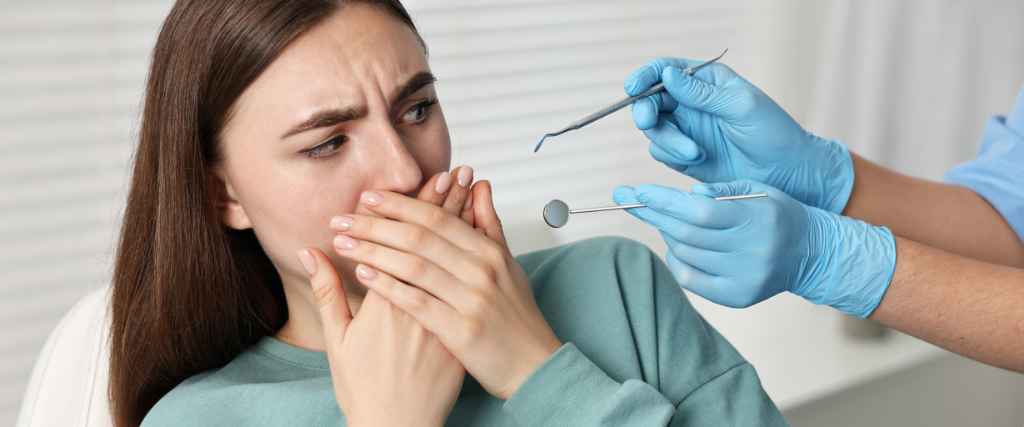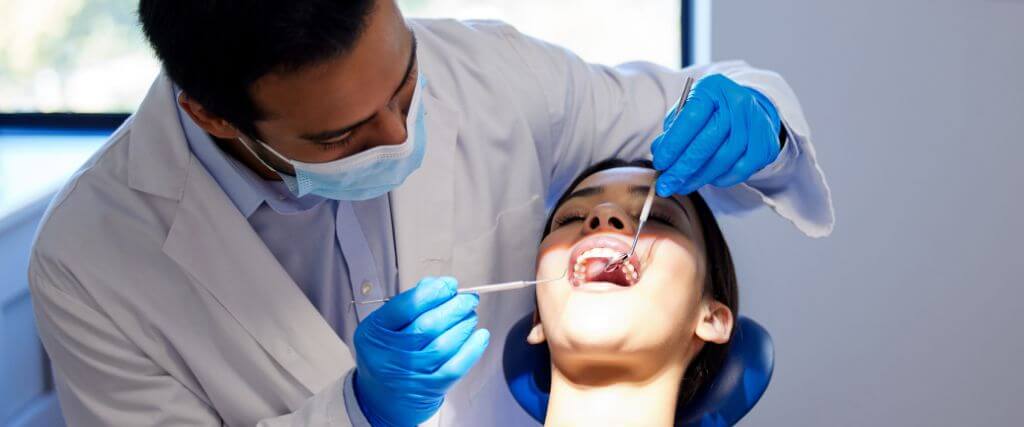Dental Crowns vs. Veneers: Understanding the Differences in Cosmetic Dentistry
Cosmetic dentistry offers a variety of solutions to enhance the appearance and functionality of your teeth. Two popular options are dental crowns and veneers, both of which can improve your smile, but serve vastly different purposes. For this reason, it’s important to understand the differences between dental crowns and veneers when your dentist recommends one option over the other.
Hypohidrotic Ectodermal Dysplasia: A Comprehensive Guide to Rare Tooth Development Conditions
We encounter a wide range of patients with unique oral health needs. Sometimes, these needs stem from rare genetic conditions that affect the development of teeth. Hypohidrotic Ectodermal Dysplasia (HED) is one such condition, presenting a fascinating yet challenging case for dental care. This comprehensive guide explores the world of HED, focusing on its impact on tooth development and effective dental management strategies.
Choosing Holistic Dentistry: Benefits, Risks, and Considerations
Today, many patients seek dental care that considers their overall well-being, rather than focusing exclusively on their teeth and gums. This growing interest has brought holistic dentistry, which works on the principle that every part of the body is connected, into the spotlight. Understanding the benefits and potential limitations can help you make an informed decision about your oral healthcare and whether you should seek care from a holistic dentist
Understanding Dental Insurance: Coverage, Costs, and What Patients Need to Know
Trying to understand dental insurance can feel like navigating a maze of confusing terms, coverage limits, and unexpected costs. With nearly 80% of Americans having some form of dental benefits, understanding how your plan works can save you a bundle and help you make smarter decisions about your oral health care. Let’s explore the primary types of dental insurance, how they work, and what they cover.
Root Canal Treatment FAQs: Common Patient Concerns and Clear Answers
The mere mention of needing a root canal triggers anxiety and confusion among many dental patients. People often harbor misconceptions about this procedure, which can lead to unnecessary worry and delayed treatment. As dental professionals, we’re here to explain root canal treatment to help you get the care you need without worry.
Signs of a Tooth Infection and When to Seek Emergency Dental Care
Tooth infections often develop silently and give little warning before escalating into situations requiring emergency dental care. Learning to recognize the early signs of a tooth infection and scheduling an appointment right away could be the difference between simple treatment and a life-threatening situation. As dental professionals, we’re here to arm you with the knowledge to take charge of your oral health. Let’s dive in!
The Truth About Mouthwash, Charcoal Toothpaste, and TikTok Trends: What’s Backed by Science
Social media has transformed how people discover health advice. Unfortunately, not all viral trends deserve a place in your oral hygiene routine. From the fluoride-free movement to claims about the miracles of charcoal toothpaste, distinguishing between marketing hype and scientific evidence has become more challenging than ever. As dental professionals, we’re here to help you navigate the dental trends circulating on platforms like TikTok and Instagram and reveal what research actually supports and what might harm your oral health.
The Silent Epidemic: How Dental Anxiety Impacts Oral Health and What Science Says Helps
Dental anxiety affects millions of people worldwide, creating a vicious cycle where fear prevents necessary care, leading to deteriorating oral health that requires more extensive treatment, which further increases anxiety. This widespread issue is one of the most significant barriers to preventive dental care, yet it remains largely unaddressed in many practices. As dental professionals, we’re here to explain how dental anxiety impacts oral health and share tips for overcoming your fear of seeing the dentist.
The Oral-Systemic Health Connection: What Your Mouth Says About Your Body
Your mouth is more than just the gateway for food and conversation. It provides a window into your overall well-being, as conditions in your mouth can have a direct impact on diseases throughout your body. The link between oral and systemic health has transformed how medical and dental professionals approach patient care. In this blog post, we’re exploring what your mouth says about your body. Let’s dive in!
Signs You Need a Bite Adjustment and How Your Dentist Can Help
When properly aligned, your teeth work together as a synchronized team. But when they don’t, the consequences affect far more than just your smile. Bite alignment issues, also known as malocclusion, can trigger headaches, jaw pain, tooth wear, and even keep you from getting a good night’s sleep. Many patients live with these issues for years without realizing their bite is the problem.
